
Since 1893, the Cecchi family and brand has been synonymous with viticulture, both in Italy and worldwide.
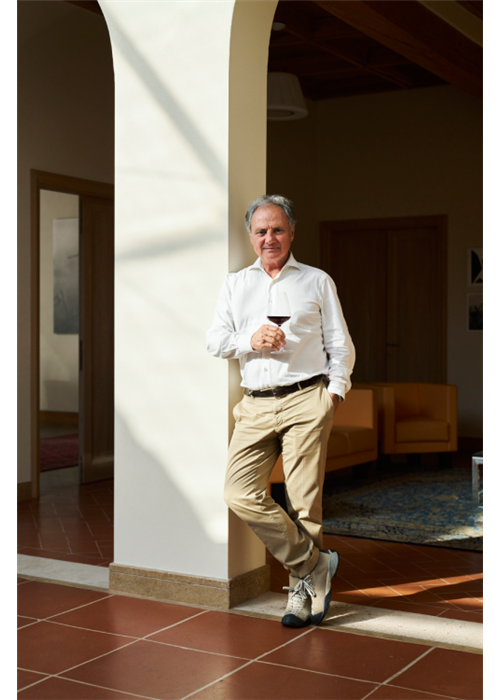
Family
From generation to generation, Cecchi Family has accompanied the historical journey of Italian wine, which, in less than a century, has gone from being a farmer’s food to a leading national brand, known and appreciated around the world.
The story of Cecchi Family is a simple one. In 1893, Luigi Cecchi, thanks to his wine-tasting talents, laid the foundations for the dynasty that is still known and appreciated today for the production of its high-quality wines. Luigi’s reputation is renown internationally, so much so that already during the ‘30s the family name began its unrelenting growth. In the ‘70s, the family moved to the municipality of Castellina in Chianti, a historical Chianti Classico production site, where the productive process that would then become the hallmark of constant quality began.
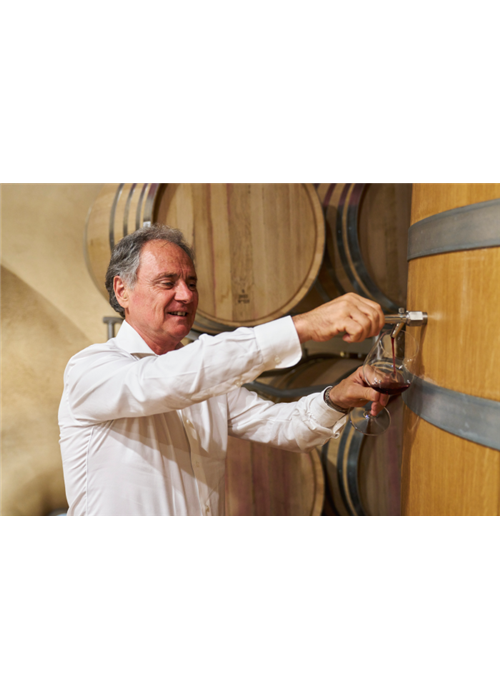
Between the end of the ‘80s and the beginning of the ‘90s, the Family chose to confront itself with different territories: San Gimignano, where it produces the Vernaccia, and the Maremma, with its Morellino. Here, today, the Cecchi Family represents one of the prominent names both for the extension of its vineyards and for the quality of its wines.
This leads us to the year 2000, a significant year, in which regional borders are crossed to invest in Umbria, in the area of Montefalco and in the wine that is produced in this land: the Sagrantino.
In 2015, Cesare and Andrea, the fourth generation of the Family, which sees Andrea Cecchi as President, decided to invest again in Chianti Classico, with the purchase of the historic Villa Rosa. From these vineyards will be born wines, which for their freshness and minerality, will be faithful expression of the land from which they come.
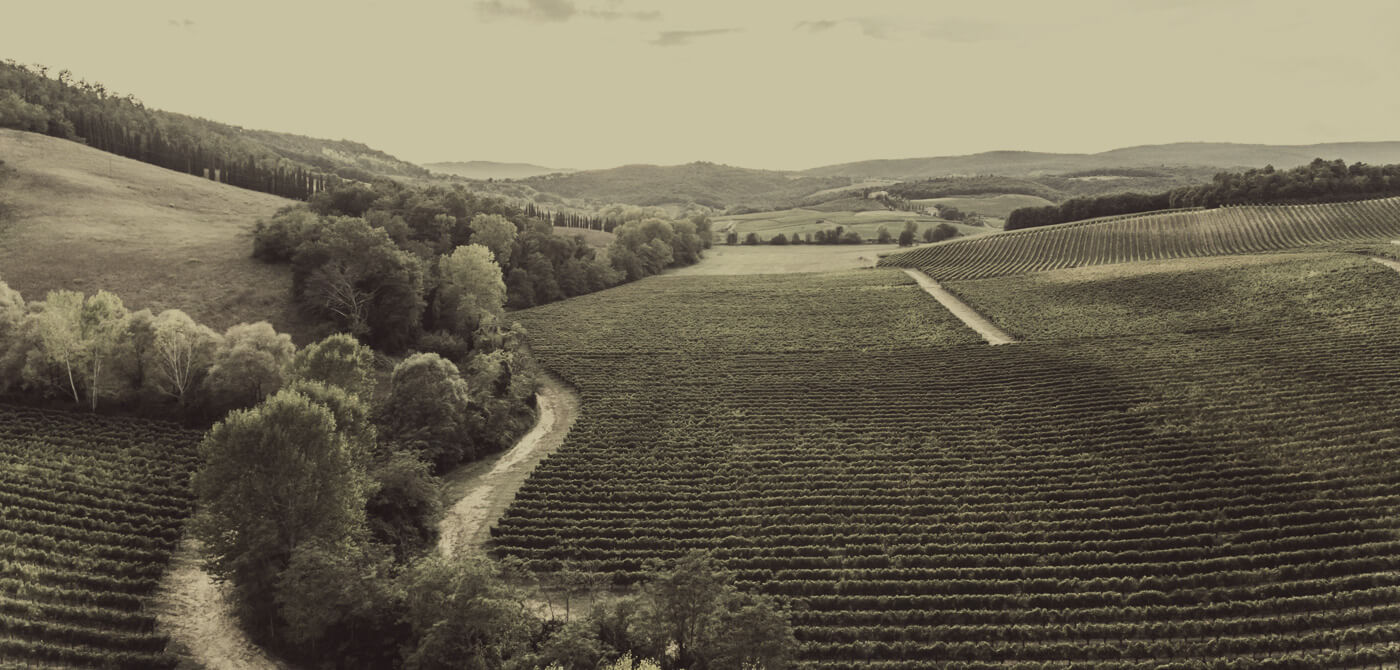
Sustainability
Chianti is one of the most beautiful areas in the entire world. Virgin forests that border with ancient churches and enchanting villages are the prevalent.
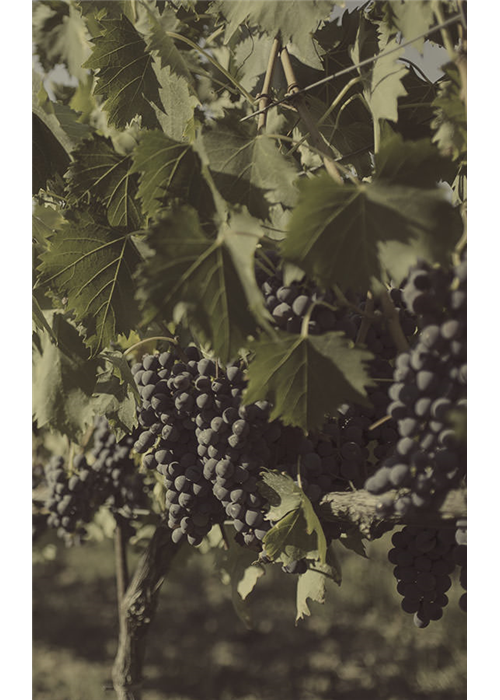
In the beginning of the ‘90s, Cecchi Family was the first Tuscany business to build a plant-based sewage-treatment facility of wastewater, in order to reduce energy consumption and reuse the purified water. In 2012, the plant was renewed and improved by the Val delle Rose company in Maremma, and then went on to win the Eco-Efficient Tuscany prize given by the Tuscan Region.
Cecchi considers protecting the environment a duty for those who work in the agricultural field. Territories are to be considered a heritage that must be defended and respected.
Thus, for this winery, the word “sustainability” takes on a true and hard-working character, driven by two well-defined policies: on one hand, the safeguard and improvement of the company, agricultural and environmental heritage; on the other hand, the reclamation and employment of new technologies that, moreover, allow the minimisation of both energy consumption and natural resources necessary during production.
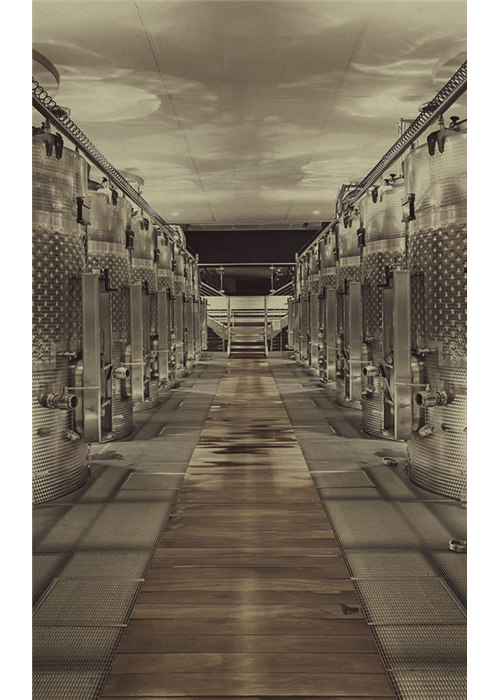
Innovation
Innovation has always been at the heart of the Cecchi Family’s entrepreneurial project, and has become a primary matter for investments in all sectors.
The agronomical part, for its undeniable relevance, is constantly the matter of continuous experimentations and controls, among which the use of new clones, the study of new forms of farming and vineyard operations, and the employment of new technologies.
Research does not stop at just the vineyard, but rather it constantly aims to obtain even the slightest margins of improvement during the operational phases of the wine cellar.
